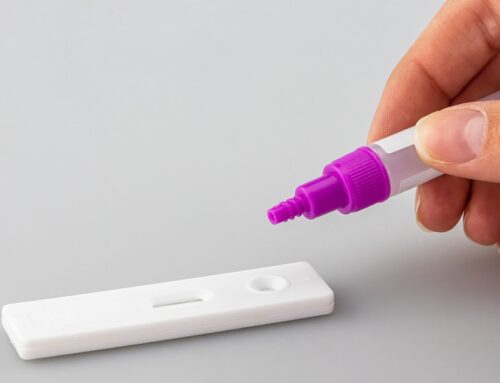Pros:
1. Preservation of fertility: One of the biggest advantages of embryo freezing is that it allows individuals to preserve their fertility for future use. This is particularly beneficial for individuals undergoing medical treatments such as chemotherapy, which can affect their ability to conceive later on.
2. Increased chance of pregnancy: By freezing embryos, individuals and couples have a higher chance of achieving a successful pregnancy in the future. This is especially useful for individuals who may have fertility issues or are older and want to delay parenthood.
3. Flexibility: Embryo freezing gives individuals and couples the flexibility to choose when they want to have children. They can delay parenthood until they are more financially stable, emotionally ready, or in a better relationship.
4. Reduced risk of multiple pregnancies: By freezing embryos, individuals can choose to transfer only one embryo at a time during IVF treatments, reducing the risk of multiple pregnancies and the associated complications.
Cons:
1. Financial costs: Embryo freezing can be expensive, with the initial cost of the procedure, storage fees, and potential additional costs for future IVF treatments. This can be a significant barrier for individuals and couples who may not have the financial resources to afford the procedure.
2. Emotional stress: The process of embryo freezing can be emotionally taxing for individuals and couples, particularly if they are facing fertility issues or have experienced previous failed IVF attempts. The uncertainty of whether the frozen embryos will result in a successful pregnancy can also cause anxiety and stress.
3. Ethical concerns: Some individuals may have ethical concerns about embryo freezing, particularly if they believe that life begins at conception. They may feel uncomfortable with the idea of freezing embryos or using them in future IVF treatments.
4. Storage limitations: Embryos can only be stored for a certain period of time, typically around 5-10 years, depending on the country and regulatory guidelines. If individuals do not use the embryos within this time frame, they may need to make a decision on what to do with them, which can be emotionally challenging.
In conclusion, embryo freezing can be a valuable option for individuals and couples looking to preserve their fertility and have children later in life. However, it is important to weigh the advantages and disadvantages before making a decision. It is recommended to consult with a fertility specialist to discuss the potential risks and benefits of embryo freezing and to determine if it is the right choice for you.





